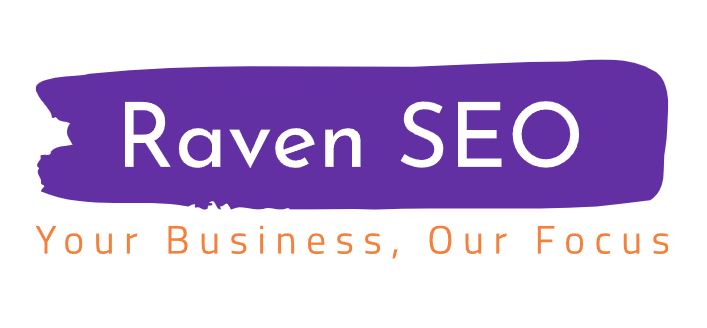As a small business owner, you’re probably always looking for ways to get more people to your website. That’s where SEO comes in, and keywords are a big part of that. But not all keywords are created equal. There’s a whole world of difference between branded and non-branded keywords, and understanding how to use them both can be a game-changer for your business.
Let’s break it down in simple terms and help you make smarter choices for your SEO strategy.
What Are Branded Keywords?
Branded keywords are search terms that include your company’s name, product names, or other brand-specific terms. Think of these as people who already know about you and are specifically looking for you online.
Examples:
- “Raven SEO”
- “Raven SEO services”
- “Contact Raven SEO”
What Are Non-Branded Keywords?
Non-branded keywords, on the other hand, are more general terms related to your industry, products, or services. These are searches from people who might not know your business yet, but they’re looking for solutions you provide.
Examples:
- “SEO agency in Baltimore”
- “Best web design company near me”
- “How to improve my website’s ranking”
Why the Difference Matters: Understanding Search Intent
The key difference between branded and non-branded keywords lies in search intent – what the person typing into Google is actually looking for.
- Branded Keywords: People using these are already familiar with your brand and are likely closer to making a purchase or taking a specific action (contacting you, visiting your website, etc.).
- Non-Branded Keywords: These searches indicate that someone is in the earlier stages of the buyer’s journey. They’re researching, comparing options, or looking for information.
How to Use Branded & Non-Branded Keywords for Success
Think of branded and non-branded keywords as two sides of the same coin. You need both to build a successful SEO strategy:
- Branded Keywords:
- Focus on Conversion: Optimize your website to make it easy for people to take action (contact you, make a purchase) when they search for your brand.
- Brand Protection: Make sure your website ranks at the top for your brand name, so competitors don’t steal your potential customers.
- Non-Branded Keywords:
- Expand Your Reach: Target a wider audience who might not know about your business yet but are looking for the products or services you offer.
- Build Brand Awareness: By ranking for non-branded keywords, you’re introducing your business to new potential customers.
- Generate Leads: Attract visitors who are actively searching for solutions you provide, even if they don’t know your brand yet.
A Winning Combination
For small businesses, striking the right balance between branded and non-branded keywords is key. Branded keywords help you capture loyal customers and protect your brand, while non-branded keywords expand your reach and attract new business. By understanding the difference and incorporating both into your SEO strategy, you’ll set your business up for online success.
Need help navigating the world of keywords and SEO? Reach out to Raven SEO today for a free website analysis!




